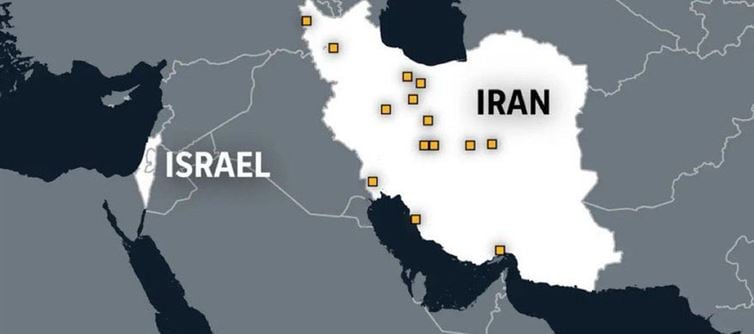
The rhetoric that israel could "defeat" iran in just four days oversimplifies the complex and asymmetric nature of the conflict. While israel has executed high-impact strikes on Iranian assets in syria and possibly within Iranian territory, iran has not remained passive. It has responded with missile and drone attacks—both directly and through its regional proxies—demonstrating its capacity for sustained retaliation. Moreover, Iran’s strategic depth, geographic size, and network of allies in Lebanon, Iraq, Yemen, and syria make the prospect of a swift and total defeat highly unrealistic. The conflict is not a conventional war but a prolonged and evolving confrontation involving hybrid warfare, cyber attacks, and proxy engagements.
As of now, the conflict remains unresolved and dangerously fluid. Neither side has achieved a decisive upper hand, and both are calculating their next moves carefully. Iran's refusal to negotiate under fire may delay de-escalation, but it also signals that Tehran is not yet ready to fold or accept terms it deems humiliating. Meanwhile, israel continues to strike targets linked to iran, maintaining pressure but also facing growing regional and international scrutiny. With high stakes and unpredictable outcomes, the situation underscores the fragile balance of power in the region—and the urgent need for diplomacy that acknowledges the strategic motivations of both parties, rather than reducing them to simplistic narratives of victory or defeat.




 click and follow Indiaherald WhatsApp channel
click and follow Indiaherald WhatsApp channel